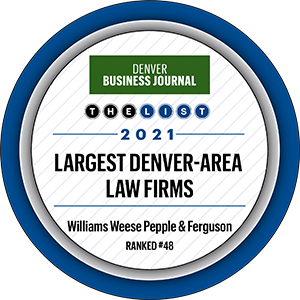On June 29, 2023, the U.S. Supreme Court issued a decision in Groff v. DeJoy, Postmaster General which disrupts established law regarding religious accommodations in the workplace. The Court clarified that, in order to deny religious accommodations to employees under Title VII of the Civil Rights Act of 1964, employers must demonstrate “substantial increased costs” in conducting their business to show undue hardship. The Court’s clarification thus upended longstanding precedent that a religious accommodation request could be denied if an employer demonstrated that the accommodation would cause “more than a de minimis cost.” The Court ruled that the “de minimis” standard, established nearly 50 years ago in the case Trans World Airlines, Inc. v. Hardison, had been taken out of context and that the text of the Hardison decision actually shows that the undue hardship burden is meant to be much higher. Thus, the Groff Court describes their redefining of the undue hardship burden as a “clarifying decision” as opposed to a new standard.
This decision means that requests for religious accommodations in the workplace are held to essentially the same standard as those for requests based on a disability under the Americans with Disabilities Act. Employers must grant requests for religious accommodations in the workplace unless they can prove that the cost of an accommodation is “excessive” or “unjustifiable.” Employers should carefully review their accommodation process and take Groff into account when evaluating requests for religious accommodations.
If you would like assistance establishing compliant procedures, please reach out to the Labor and Employment team.





